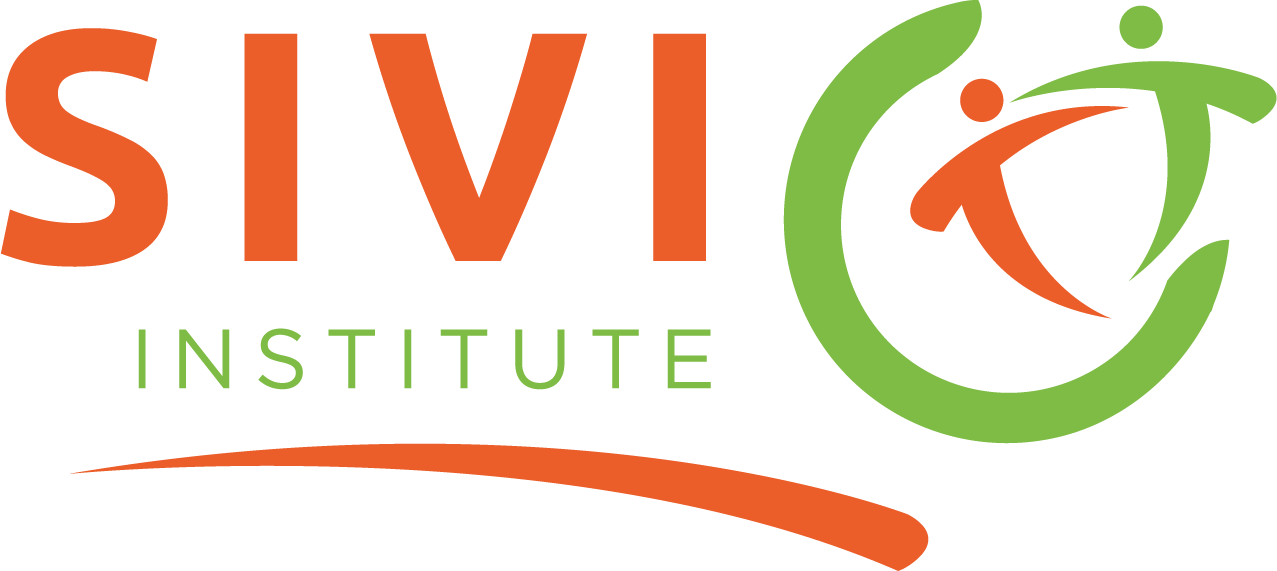Learning Objectives
- By the end of this module, participants should be able to:
- Understand the review process for African Citizens Watch
- Trust the validity of the data captured on the platform
- Confidently verify online sources of information
Let’s Get Started
Every documented action is sourced from credible online outlets, including government press briefings and reputable news agencies. To maintain reliability, each policy action is verified using at least two independent sources. Updates are posted weekly to the platform, accompanied by links to the original sources for transparency.
African Citizens Watch tracks and reports on government actions that directly influence national development and governance, whether undertaken independently or in collaboration with private sector partners. These actions range from policy decisions and infrastructure projects to budget allocations and international agreements. For instance, if the government applies for a grant or donation to construct a hospital, African Citizens Watch monitors whether the funds are secured and appropriately utilised for the intended purpose. Similarly, if a government ministry initiates the construction of a new educational block, renovates critical infrastructure such as a collapsing bridge, or enacts a new law that impacts citizens, either positively or negatively, these developments are recorded. Budgetary decisions, such as setting aside funds for specific national needs, are also tracked, as are agreements with international entities, like signing a Memorandum of Understanding with foreign governments or organisations for economic or social benefits. By documenting these actions, African Citizens Watch ensures transparency and accountability, helping citizens stay informed about the commitments made and the extent to which they are being fulfilled.
To ensure the accuracy and credibility of recorded actions on African Citizens Watch, validation must be thorough and based on multiple reliable sources. Government and line ministry websites or official reports are the primary reference points, providing direct records of policies, projects, and budget allocations. However, to verify the authenticity of an action, it is crucial to cross-check this information against credible independent sources, including established news outlets and reputable organisations such as the World Health Organisation (WHO), Transparency International, ReliefWeb, UNICEF, and Veritas (Zimbabwe). These entities provide independent analysis and reports that can reinforce or challenge official government claims.
Additionally, monitoring key government figures, such as ministers and official government spokespersons, through their social media accounts and public statements can offer insights into ongoing developments. While these platforms may provide firsthand updates, they should always be corroborated with independent sources to filter out potential biases or political positioning.
If an action is reported by only one isolated source and lacks confirmation from other credible outlets, there is a strong likelihood that it is not a verifiable action but rather an attempt to shape a specific agenda. African Citizens Watch ensures that recorded actions meet a high standard of verification to maintain accuracy, accountability, and public trust in the information provided.
Guide to Validating Online Data
1. Understand the Source
Validating online data is essential in today’s digital landscape, where misinformation spreads rapidly. The first step is to understand the source of the information. It is important to check the credibility of the website or platform, as reputable sources generally provide transparent details about their mission and affiliations. Looking at an “About Us” section can help verify whether an organisation is trustworthy. Similarly, checking the author’s credentials and expertise ensures that the information originates from a reliable and knowledgeable individual.
2. Corroborate Information
Corroborating information is another key strategy in fact-checking. Instead of relying on a single source, cross-checking data with multiple reputable sources helps verify accuracy. Consistency in reporting across different platforms strengthens credibility, while sources that lack transparency or rely on anonymous claims should be treated with caution. The more widely a claim is reported by well-established outlets, the more likely it is to be accurate.
3. Use Triangulation
Triangulation further reinforces verification efforts. This involves comparing information from three independent sources to ensure accuracy. Using a combination of government reports, academic studies, and news articles provides a well-rounded perspective and helps eliminate bias. It is equally important to ensure that these sources do not originate from the same network, as a single biased source can influence multiple outlets.
4. Fact-Checking Tools
Various fact-checking tools assist in confirming authenticity. Reverse image searches help verify photos and identify potential manipulation. Checking timestamps and metadata ensures that content has not been altered or misrepresented. Fact-checking organisations such as Africa Check, MISA Zimbabwe, and ZimFact provide reliable verification services that analyse claims and highlight misinformation.
5. Evaluate Bias and Context
Bias and context must also be evaluated when assessing online data. Recognising potential biases in reporting helps distinguish between factual information and opinion. Considering the historical and political context of a claim offers a deeper understanding of its implications. Additionally, misleading headlines or selective reporting can shape narratives in deceptive ways, making it crucial to read beyond surface-level claims.
6. Verify Social Media Claims
Social media claims require careful scrutiny, as misinformation often spreads quickly on such platforms. Checking the original source of viral posts ensures credibility, while verifying official statements or credible news coverage helps separate truth from speculation. Manipulated images and deepfake videos are becoming more common, so exercising caution and verifying visual content before sharing it is essential.
